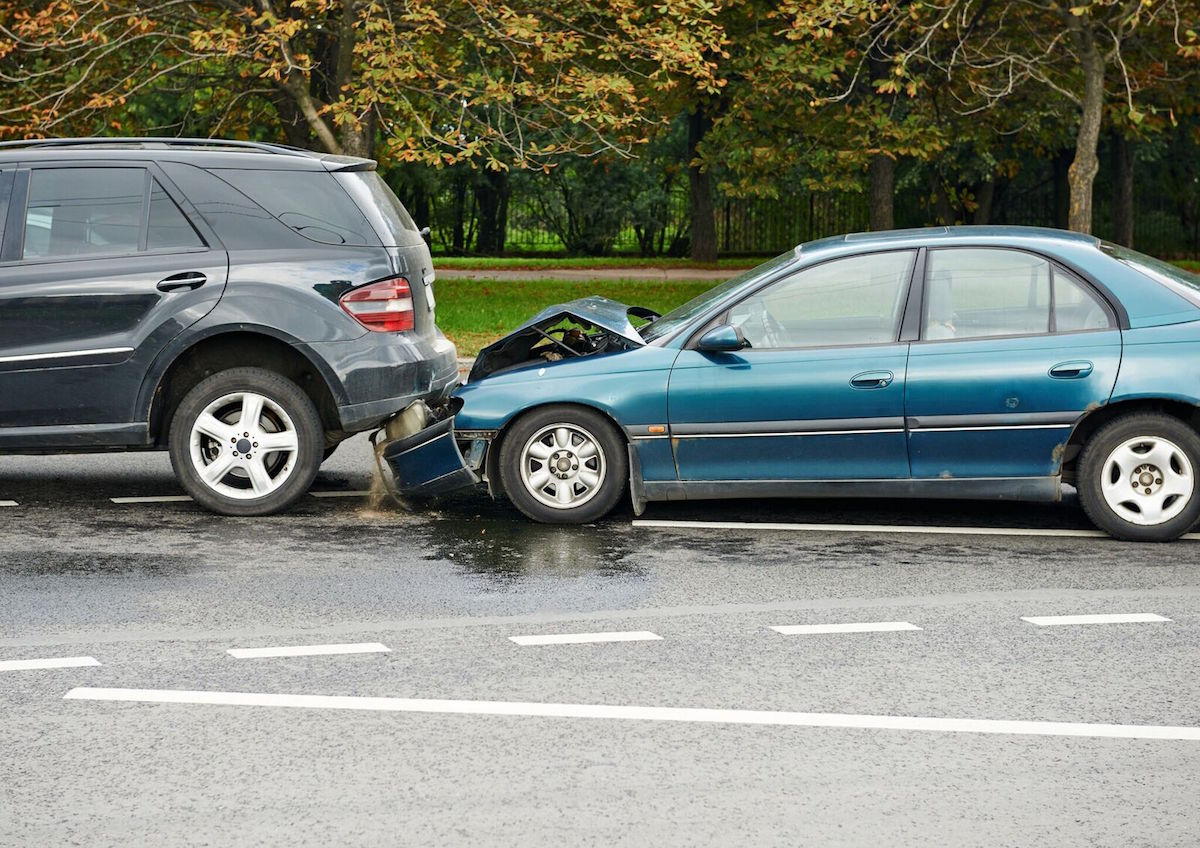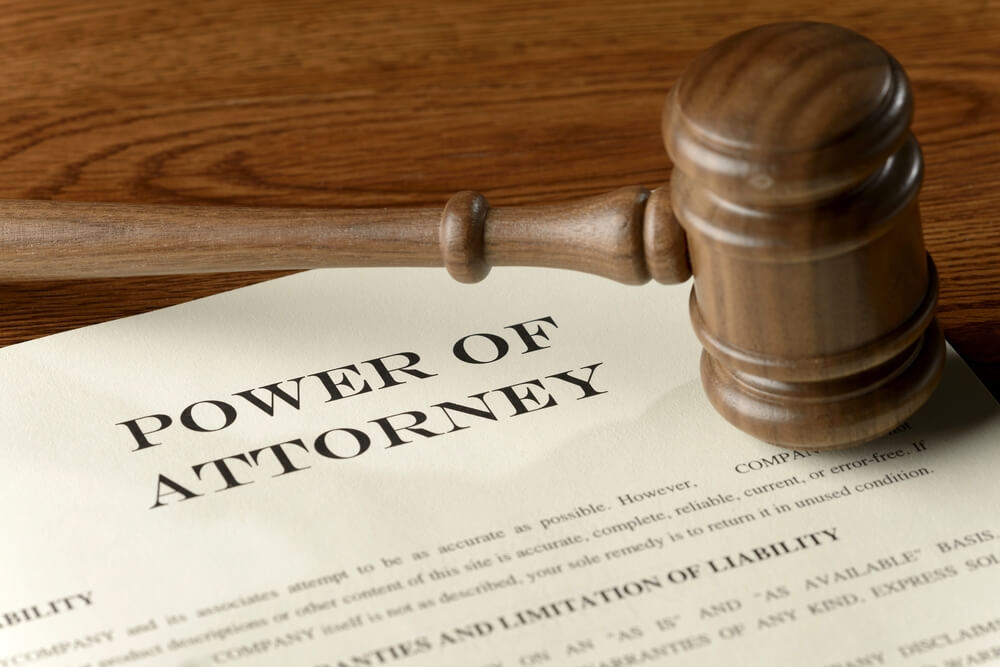When you read or watch the news, when it comes to a case about suing for damages, you may wonder where they come up with the amount that they are asking for in the judgment. It may seem arbitrary, but they are not pulling the numbers out of a hat. Those that are suing have assessed everything that they paid for in a variety of areas and they are also looking to recoup the money they might have otherwise made if they were healthy. These are tort cases – which means there was no criminal intent. When it comes to tort law, there are elements that need to be met to have a case
Types
- Duty – This asks what legal responsibility falls on the person being sued has to act
- Breach of Duty – The person being sued must have not done their duty
- Causation – The breach of duty must have led to the incident
- Injury – The person suing must have been injured
These are civil, not criminal, cases. There may be criminal charges attached to the case – like the result of a drunk driving accident. Tort cases make up the majority of civil cases. Many of them are personal injury cases. Here are those types of cases:
- Negligent – This happens in situations like someone not shoveling their walkway when it snows and someone slips and hurts themselves or a dog that was not properly leashed biting someone. This is a tough one to prove.
- Intentional – Here we have a more solid area in terms of being able to supply proof. This includes fraud, assault or battery or both, trespassing, false imprisonment, and defamation.
- Strict Liability – When it comes to these cases, the plaintiff doesn’t have to prove negligence on the part of the defendant. Something had to have occurred that caused the injury.

Damages
There are specific types of damages that one can sue for:
- General – When this ruling is issued, it’s for things like emotional distress or pain and suffering.
- Special – This is whether you have lost money due to the injury – missed pay, medical bills, or any damage to your property.
- Punitive – Generally, the only time that punitive damages are awarded is if it is determined that there was malicious intent behind the injury
One thing to keep in mind is that when it comes to paying damages, the decision may not only include medical bills – there are some times that the ruling includes covering the cost for the other person’s lawyer. This can raise the cost significantly – and sometimes even result in the loss of one’s home or car. Lawyers usually try to work with insurance in those cases and generally don’t ask for everything – but that can change if the injury was a grievous one that resulted in paralysis or other serious occurrences.
While there are some who may feel that these are overly-litigious times, the courts are present as a way for people to be able to get the money that they otherwise could not if this avenue was not available. Don’t be afraid to get what is yours.





